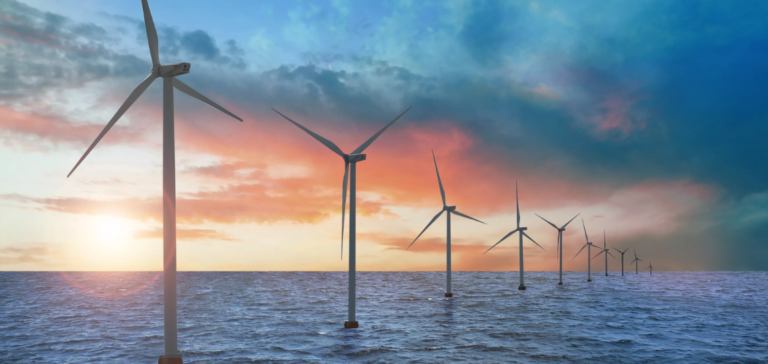In the U.S., Massachusetts regulators are rejecting requests from offshore wind developers to renegotiate APPs. As a result, companies must decide whether to continue with the projects or abandon them.
Request for renegotiation
In the U.S., Avangrid, the developer of Commonwealth Wind, as well as Mayflower Wind are requesting a deferral of the APP review. The postponement is for PPAs with utilities so that contracts can be renegotiated. In support of its claim, Avangrid points to changing global conditions.
Conditions noted include inflation, the war in Ukraine, but also supply chain disruptions due to the pandemic. According to the offshore wind developers, these conditions taint the profitability of their projects. Consequently, a renegotiation of the PPAs appears necessary.
Reasons for rejection
Massachusetts Department of Public Utilities (DPU) rejects offshore wind developers’ claims. According to the administration, these companies are sophisticated market players. They have the capacity to take all economic factors into account when negotiating contracts.
In addition, the contracts signed by Commonwealth Wind were subject to competitive bidding. Avangrid would choose to position itself and accept the PPP prices at the time of negotiation. Thus, the DPU states:
“While the DPU does not speculate as to when Commonwealth Wind first determined that its project was no longer viable under the terms of the PPAs, it is clear that the economic impacts of the COVID-19 pandemic and the war in Ukraine on its project became apparent some time before Commonwealth informed the DPU.”
A decision to come
The outcome of these claims is uncertain at this time. Avangrid’s vice president says a modest increase in utility costs would restore the project’s profitability. Avangrid hopes to propose a solution to state officials in the near future.
The state of Massachusetts is bound by a climate law. The law requires it to install 5600MW of offshore wind capacity by 2027. Thus, both parties have a vested interest in reaching an agreement.






















